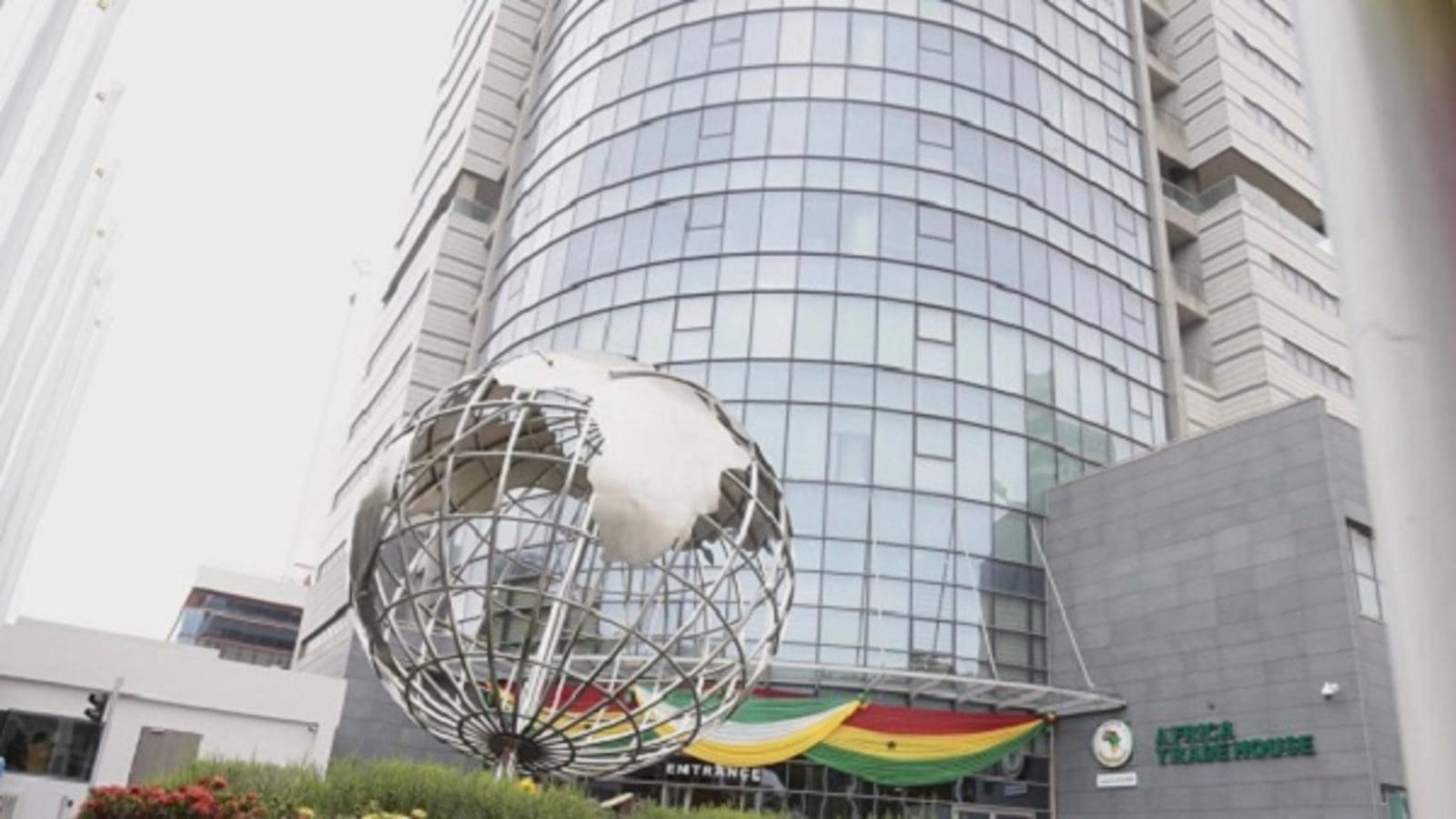TANZANIA – Tanzania has joined the list of 37 countries which have ratified the African Continental Free Trade Area Agreement (AfCFTA) that seeks to boost intra-African Trade.
Minister of Industry and Trade, Kitila Mkumbo, made the announcement via Twitter, noting the country has joined a market of 1.2 billion customers. AfCTA was first opened for signing in April 2018 but came into application in 2019 after the requisite minimum of 21 of the 55 member states ratified it. Tanzania had not formally joined although former President John Magufuli signed on the agreement in 2019. After signing, parliamentary approval is required for ratification of the agreement.
This comes barely two months after the AfCFTA secretary General Wamkele Mene held discussions with President Samia Suluhu Hasan. Mr. Mene sought the assurance of Tanzania’s commitment to the agreement to which President Samia promised to join “very soon”.
The East African Community Secretary General Peter Mathuki has hailed Burundi, who ratified the trade agreement in June and Tanzania for taking the bold move, saying the agreement will allow East Africans to access a large continental market and increase EAC’s exports to African countries outside the bloc.
It will also improve movement of people across Africa, advance trade and development aspirations and ultimately put the region in a better position to trade more with the rest of the world.
He further divulged that the EAC had initiated a number of steps towards the implementation of the AfCFTA Agreement, adding that the ratification by Burundi and Tanzania would expedite the implementation of the agreement.
Mathuki said that the bloc had almost finalized the submission of its tariff offers, which conform to the agreed modalities in addition to the schedules of liberalization of trade in services.
“We have also prepared a draft strategy for the implementation of the Agreement, which takes into account the need for capacity building. It is presently under consideration by the Partner States. Further, we are also fully involved in negotiations on the outstanding areas such as Rules of Origin, Trade in services as well as the phase II issues on investment, competition, intellectual property rights and e-commerce.”
The Secretary General said that it was the expectation of the EAC that the AfCFTA would result in, among other things, lowering of business costs, promote local content and provide a platform for settlement of disputes.
Mathuki said that EAC would leverage on its existing trade environment to reap maximum benefit from the AfCFTA, namely the: regional customs and trade instruments; interconnectivity of systems including customs and other border clearance agencies; One Stop Border Posts; national Trade Information Portals; simplified trade regimes; trade exhibitions and symposia, and; expansion of the EAC especially the anticipated admission of DRC into the Community. One Stop Border posts have eased cross-border movement.
AfCFTA aims to bring together 1.3 billion people in a US$3.4 trillion economic bloc that will be the largest free trade area since the establishment of the World Trade Organization.
The African Development Bank, UNIDO and the ITC have each engaged with the private sector at the continental, regional and sub-national level to facilitate the African business community’s access to the new single market.
AfCFTA Member states
Other EAC Partner States that have ratified the agreement are Kenya, Rwanda and Uganda. South Sudan has signed the AfCFTA but is yet to ratify it. Eritrea is the only country yet to join the AfCFTA.
Kenya and Ghana were the first nations to endorse the agreement, depositing their ratification on May 10, 2018.
President Uhuru Kenyatta recently affirmed Kenya’s commitment to AfCFTA and rallied other African states to work closely with the agency’s Secretariat to ensure that the continental trade arrangement succeeds.
Most of AfCFTA’s income gains are likely to come from measures that cut regulations and simplify customs procedures.
Tariff liberalization accompanied by a reduction in non-tariff barriers would boost income by 2.4 percent, or about US$153 billion.
Successful implementation of AfCFTA will help cushion the negative effects of Covid-19 on economic growth by supporting regional trade and value chains through the reduction of trade costs.
In the longer term, AfCFTA would provide a path for integration and growth, enhancing reforms for African countries.
By replacing the patchwork of regional agreements, streamlining border procedures, and prioritizing trade reforms, AfCFTA could help African countries increase their resiliency in the face of future economic shocks.
According to the report, the agreement will also reshape markets and economies across the region, leading to the creation of new industries and the expansion of key sectors.
The pact will significantly boost African trade, particularly intraregional trade in manufacturing. Intra-continental exports are set to increase by 81 percent while the increase to non-African countries would be 19 percent.
Since AfCFTA’s commencement on January 1, member states anticipate a 90 percent tariff cuts within five years, with least developed countries having to wait much longer.
Liked this article? Subscribe to Food Safety Africa News, our regular email newsletters with the latest news insights from Africa and the World’s food safety, quality and compliance. SUBSCRIBE HERE








